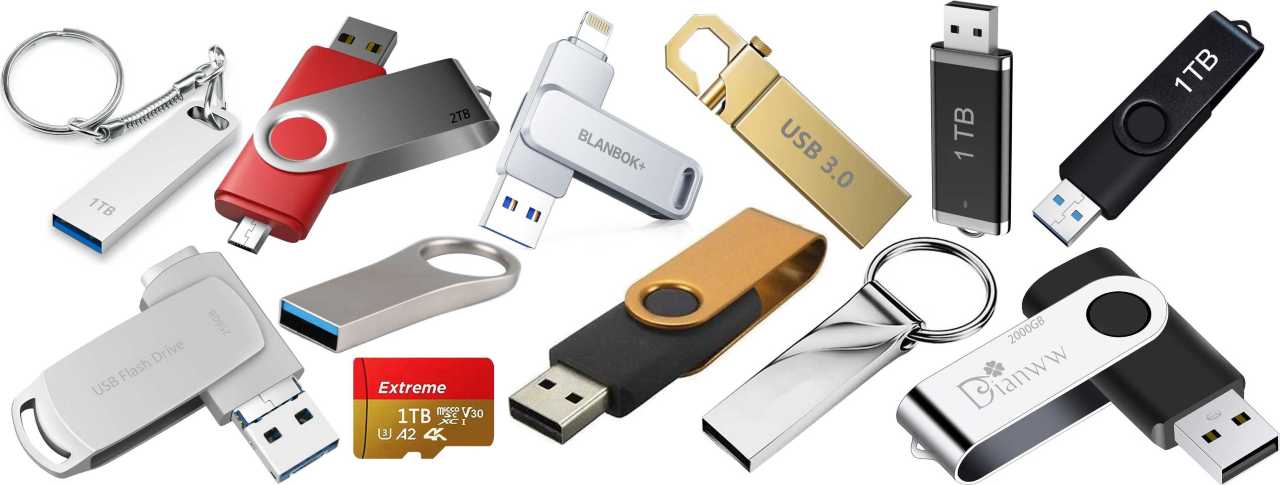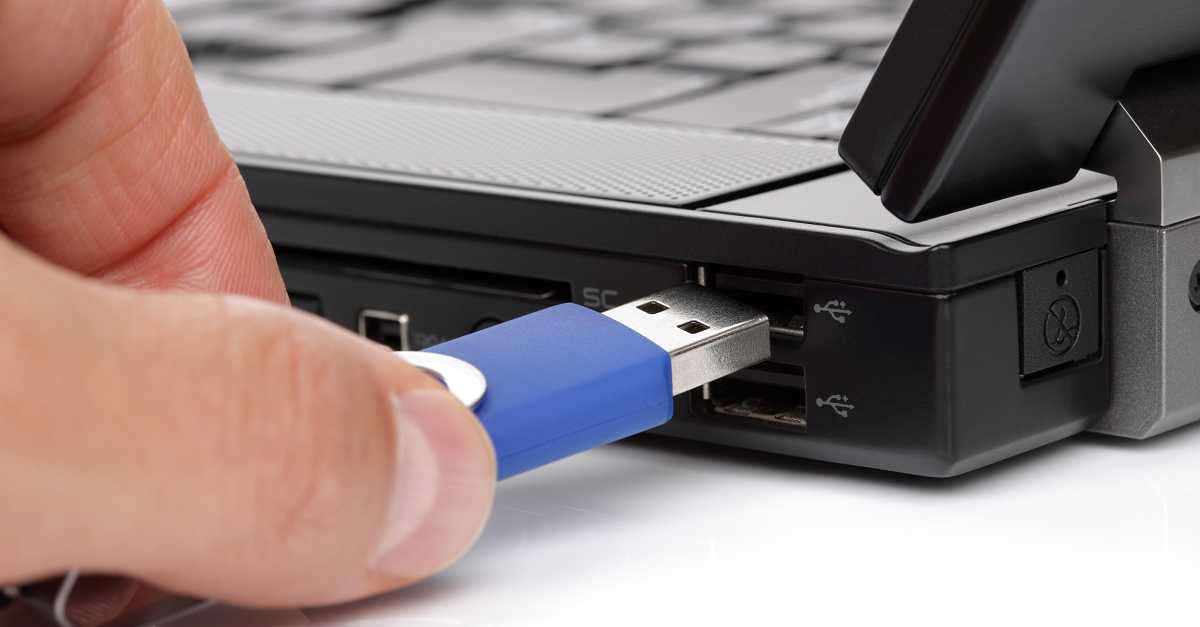Seven Common Flash Drive Mistakes to Avoid | ACE Data Recovery Article
By following these guidelines and avoiding common mistakes, you can extend the lifespan of your flash drive and protect your valuable data.
Flash drives, also known as USB flash drives or thumb drives, are convenient and portable storage devices that facilitate easy file transfer between computers. Despite their widespread use, several common mistakes can lead to data loss or damage to the device itself. To ensure the longevity and security of your flash drive and the data stored on it, it's crucial to avoid these pitfalls.

-
Abrupt Removal of the Flash Drive:
Never abruptly remove the flash drive from your computer while data is being transferred or files are being accessed. This action can corrupt files or lead to complete data loss. Always use the "Safely Remove" option on your computer before disconnecting the flash drive.
-
Neglecting Formatting:
Before using a new flash drive or one that has been previously used on other devices, it's essential to format it properly. Formatting helps eliminate potential file system issues and prepares the flash drive for optimal use.
-
Overfilling the Flash Drive:
Filling the flash drive to its maximum capacity can significantly slow down its performance and even cause file corruption. Leave some free space on the flash drive for optimal performance and to prevent potential issues.
-
Disconnecting During Operation:
To protect your flash drive from data loss, avoid disconnecting it while it is actively being read or written to. Abruptly disconnecting the flash drive during data transfer can lead to file corruption or damage to the device itself.
Always use the "Safely Remove" option in your operating system to properly disconnect the USB drive before unplugging it. This ensures that all data transfers are completed and that the device is safely disconnected.
-
Connecting to Untrusted Sources:
Connecting your flash drive to an untrusted or potentially infected system can put your data at risk. Only connect your USB drive to known and trusted computers or laptops. Avoid using devices that might be infected with viruses or have poor security measures.
Ensure that the computer you connect your USB drive to has updated antivirus software installed and actively running. This will help detect and prevent potential threats to your flash drive and the data stored on it.
Additionally, avoid opening suspicious files or programs from the USB drive on unknown or questionable computers, as they could be sources of potential threats to your system.
-
Improper Storage Conditions:
Storing your USB drive in extreme climatic conditions can severely impact its functionality and even lead to data loss. For instance, low temperatures can cause condensation inside the device, leading to corrosion of contacts or damage to electronic components. On the other hand, high temperatures can overheat the drive, potentially harming its internal components.
If you live in areas with extreme climates, consider using specially designed USB drives with a wider temperature tolerance range. These devices may be better suited for operating in extreme conditions and keeping your data safe. Additionally, avoid leaving the USB drive in direct sunlight or in high-humidity environments, as these can also negatively affect the device and its functionality.
-
Relying Solely on Flash Drives for Storage:
USB flash drives are not the most reliable storage devices compared to external hard drives. They are generally intended for short-term use. Therefore, for crucial data, it's better to use an external hard drive as the primary storage medium and the flash drive as a secondary option or for temporary storage. This practice will help safeguard your data and reduce the risk of information loss in case of any adverse event affecting the USB drive.
-
Sharing Files Without Scanning:
Before sharing files from your USB drive, it's highly recommended to perform a quick antivirus scan. An antivirus scan will help identify potential threats that might be lurking on the USB drive and protect your data and systems from possible infections.
This precaution is especially important when sharing files with unknown or untrusted sources. Keeping your data secure should always be a priority, so follow this simple measure to avoid cybersecurity issues.

By following these guidelines and avoiding common mistakes, you can extend the lifespan of your flash drive, protect your valuable data, and ensure the smooth operation of your devices. Remember, preventive measures are always better than dealing with data loss or device malfunctions.
